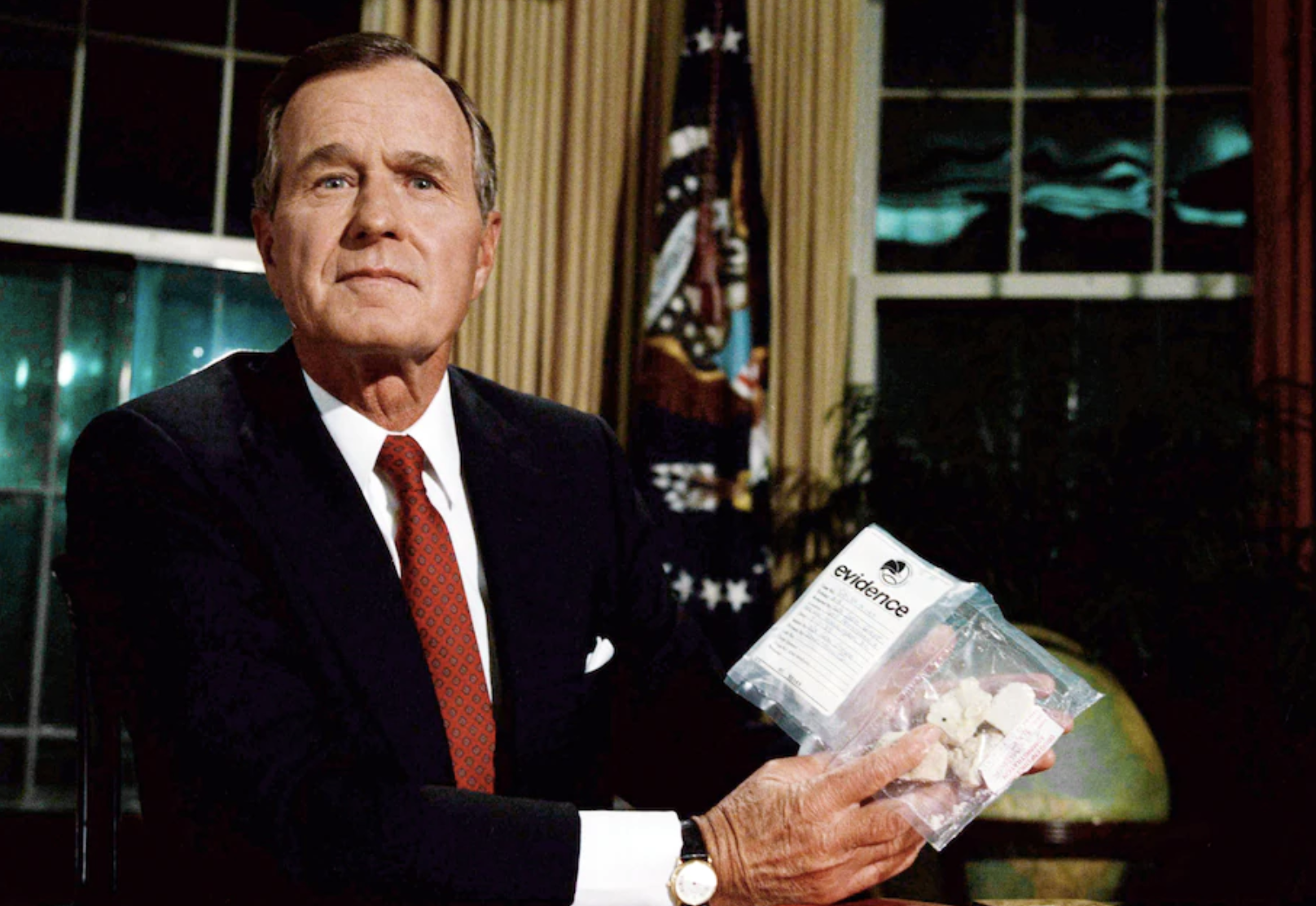A sentencing memorandum for Angel Dominguez Ramirez Jr. released last week revealed that the former U.S. Marine veteran held a "Top Secret" security clearance required for his military occupational specialty (MOU) and had even been selected for "Special Ops" training at the time of a life-altering personal tragedy. According to the memo, Angel Dominguez's two young daughters were killed in a horrific car accident that precipitated a radical change of character. The tragedy transformed Dominguez from a self-starter with an impeccable background and a promising career ahead of him into a hardened felon dedicated to a life of crime in the shadowy Mexican underworld. This Harvey Dent-style metamorphosis led Dominguez to collude with nearly every major drug trafficking organization in Mexico over the course of an 18-year criminal career, at its peak coordinating multi-ton shipments of South American cocaine through the Caribbean, Central America, Mexico and into the U.S. for distribution. Angel Dominguez's criminal trajectory led him to the pinnacle of the drug trade with protection from the highest-ranking law enforcement and intelligence officials in Mexico.
If that sounds more like the plot from Breaking Bad than something that happens in real life, that might be because it is.
The DEA claimed that they stumbled onto systemic corruption among their counterparts in the Mexican Federal Police's Sensitive Investigations Unit (SIU) in 2016 when information shared directly with the head of the unit was subsequently passed along in intercepted text messages to one of the targets of their investigation. The discovery led to the arrests of the head of the SIU and the leader of the trafficking organization the unit chief was assisting: Angel Dominguez.
The SIU program began in Mexico on 30 April 1997 during the President Ernesto Zedillo's administration (1994-2000) shortly before Angel Dominguez's first federal offense that landed him a 30-month sentence for slinging weed in the Southern District of Texas. Mexico's SIU program was known initially by its acronym: 'FEADS' (Fiscalia Especializada para la Atencion de Delitos contra la Salud / Special Attorney General's Office for Crimes Against Health).
In January 2003, a little over two years into Vicente Fox's presidency (2000- 2006), FEADS was administratively dissolved following a series of raids by the Mexican Army on its offices in about a dozen states in January 2003 due to widespread corruption within the unit. After FEADS was disbanded, the SIU program was renamed 'SIEDO' (Subprocuraduría de Investigación Especializada en Delincuencia Organizada / Assistant Attorney General's Officefor Special Investigations on Organized Crime), and high-profile drug investigations continued as before.
SIEDO agents were specially vetted and screened similar to the way the FBI and Department of Defense handle background checks for sensitive government jobs, like Angel Dominguez's MOU in the Marine Corps before he deviated from the straight and narrow.
According to a description of the DEA's SIU program in a 2007 audit by the Justice Department Office of the Inspector General:
A major investigative tool employed by DEA foreign offices is the development of investigative units of foreign law enforcement personnel that the DEA has put through a security screening or vetting process. These foreign task forces are commonly referred to as “vetted units.”
Upon entry into a DEA vetted unit, and at periodic intervals, foreign law enforcement applicants have to pass certain security evaluations, such as a background check, a polygraph examination, and a urinalysis test. The vetting process is designed to provide the DEA with a higher level of assurance that the information it shares with its counterparts will not be compromised or disseminated to the wrong party, especially the drug trafficking organizations the DEA is targeting. DEA personnel in foreign offices stated that they needed to maintain safeguards when sharing investigative information, even with vetted units, because of the level of corruption in certain countries.
The use and management of vetted units varies from country to country. The DEA provides financial support for the units’ activities, which are usually managed on a day-to-day basis by a senior foreign police officer, with a DEA Special Agent providing general oversight. These vetted units partner with the DEA but are not DEA enterprises. Vetted units perform functions in support of the DEA such as conducting investigative operations, surveillance, and wiretaps; checking on investigative leads; destroying drug production laboratories; and interdicting drug shipments. Many DEA personnel with whom we spoke considered the vetted units critical to accomplishing the DEA’s foreign mission, increasing the safety of its personnel, and helping to reduce the chance of sensitive information being compromised.
Shortly before the inauguration of Enrique Peña Nieto (2012-2018), SIEDO switched a word around to become 'SEIDO' on 21 September 2012.
Some senior SEIDO agents like Iván Reyes Arzate, the chief of the unit until the time of his arrest in 2016, were even trained at the DEA Academy in Quantico, Virginia.
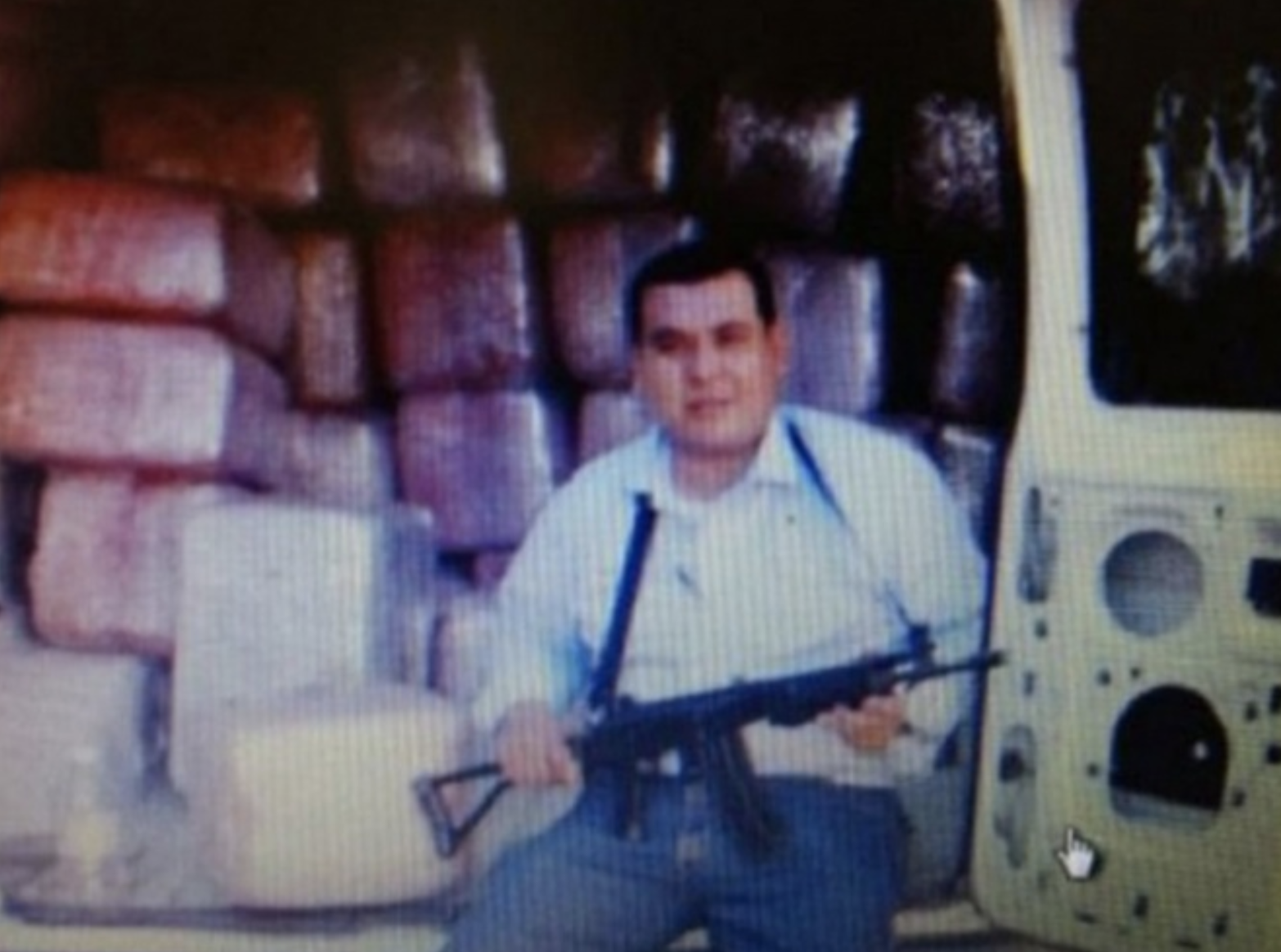
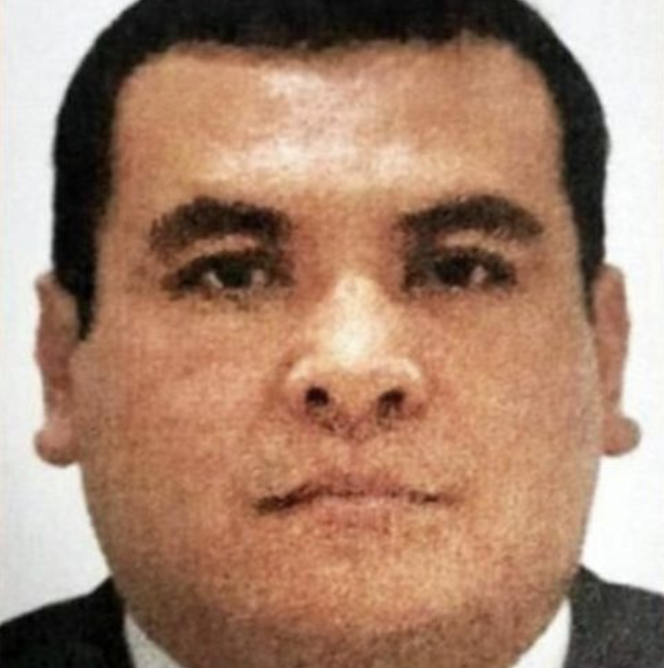
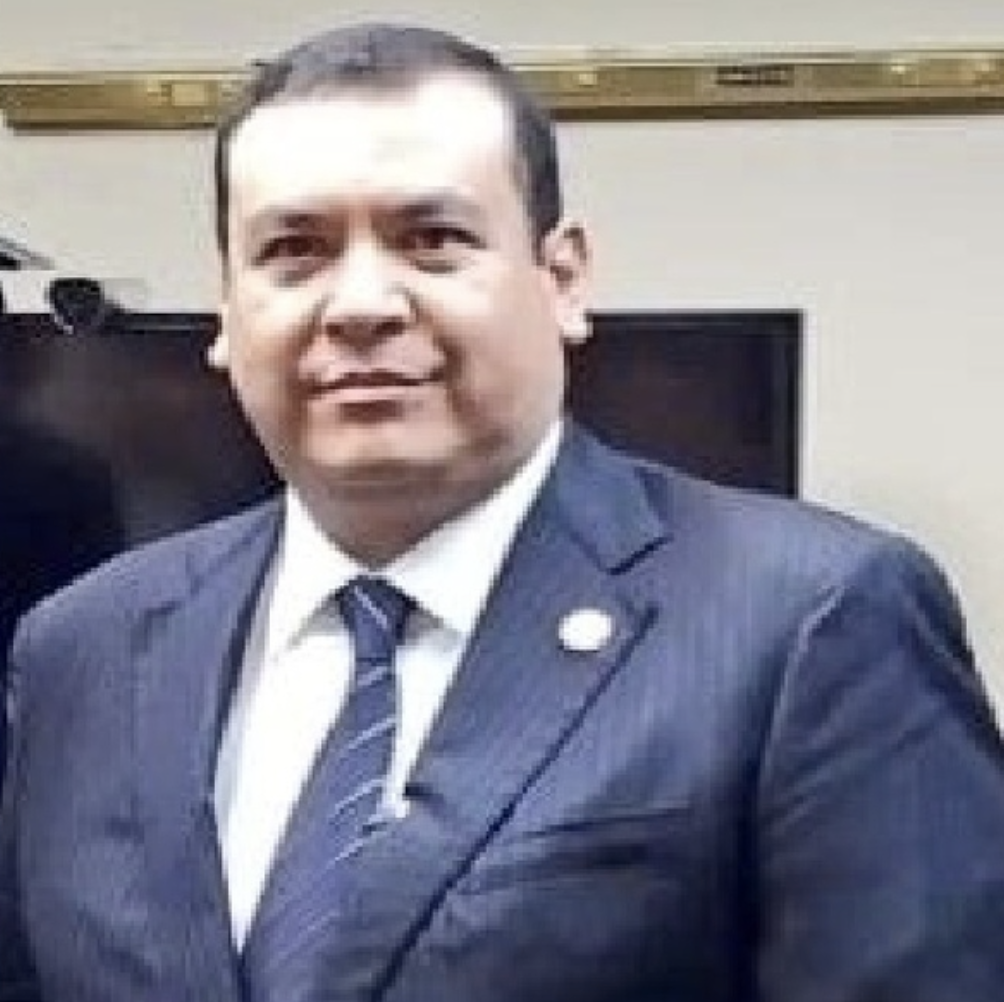
According to a February 2017 criminal complaint, the DEA claimed they learned that Iván Reyes was leaking information about their investigation to Gerónimo Gamez García, the cousin of infamous drug trafficker Arturo Beltrán Leyva, who was killed in a gun battle with the Mexican Navy in December 2009. At the time, the DEA hailed the demise of Beltrán Leyva as a "catastrophic blow" to the cartels and a "great victory" for Mexico's president, Felipe Calderón (2006-2012).
Geronimo Gamez García allegedly coordinated shipments of cocaine with the drug trafficking organization led by Angel Dominguez.
According to a February 2017 affidavit, a DEA special agent described how Iván Reyes admitted to meeting with Angel Dominguez in person on 1 November 2016 to discuss drug trafficking activities in Tamaulipas, during which Dominguez showed Reyes a photo of Geronimo Gamez García, which the DEA had given to Reyes on 8 September 2016.
In October 2021, Reyes Arzate pleaded guilty to one count of conspiracy to traffic cocaine and was sentenced to 10 years in February 2022, which comes out to about 5 years with credit for time served and which he'll likely serve a fraction of with good behavior.
Iván Reyes was appointed to SIEDO in 2008 by his mentor, Genaro García Luna, President Felipe Calderón's (Dec 2006-Dec 2012) Secretary of Public Security (SSP).
Described as the architect of Mexico's war against the drug cartels, García Luna was arrested in Texas in December 2019 for alleged multi-ton cocaine trafficking and money laundering conspiracies spanning almost 19 years through his tenures as the head of Mexico's Federal Investigations Agency (2001-2005) and the Secretary of Public Security (2006-2012), and into his career in the private sector as the CEO of a security consultancy with offices in Miami and Mexico City called GLAC Consulting.
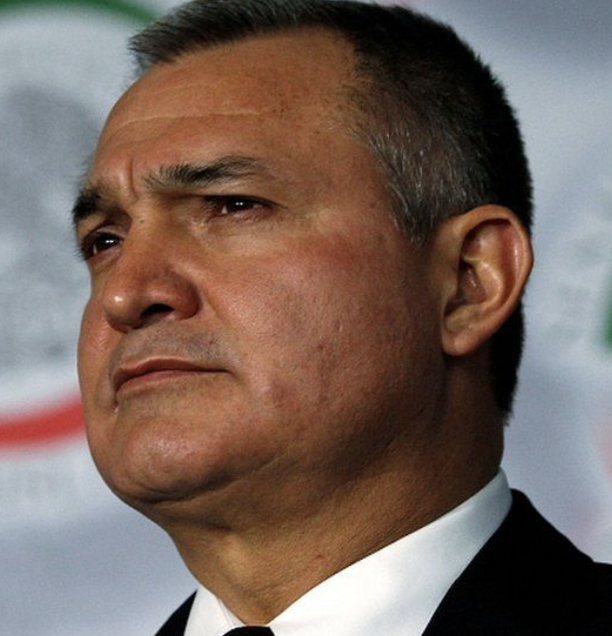
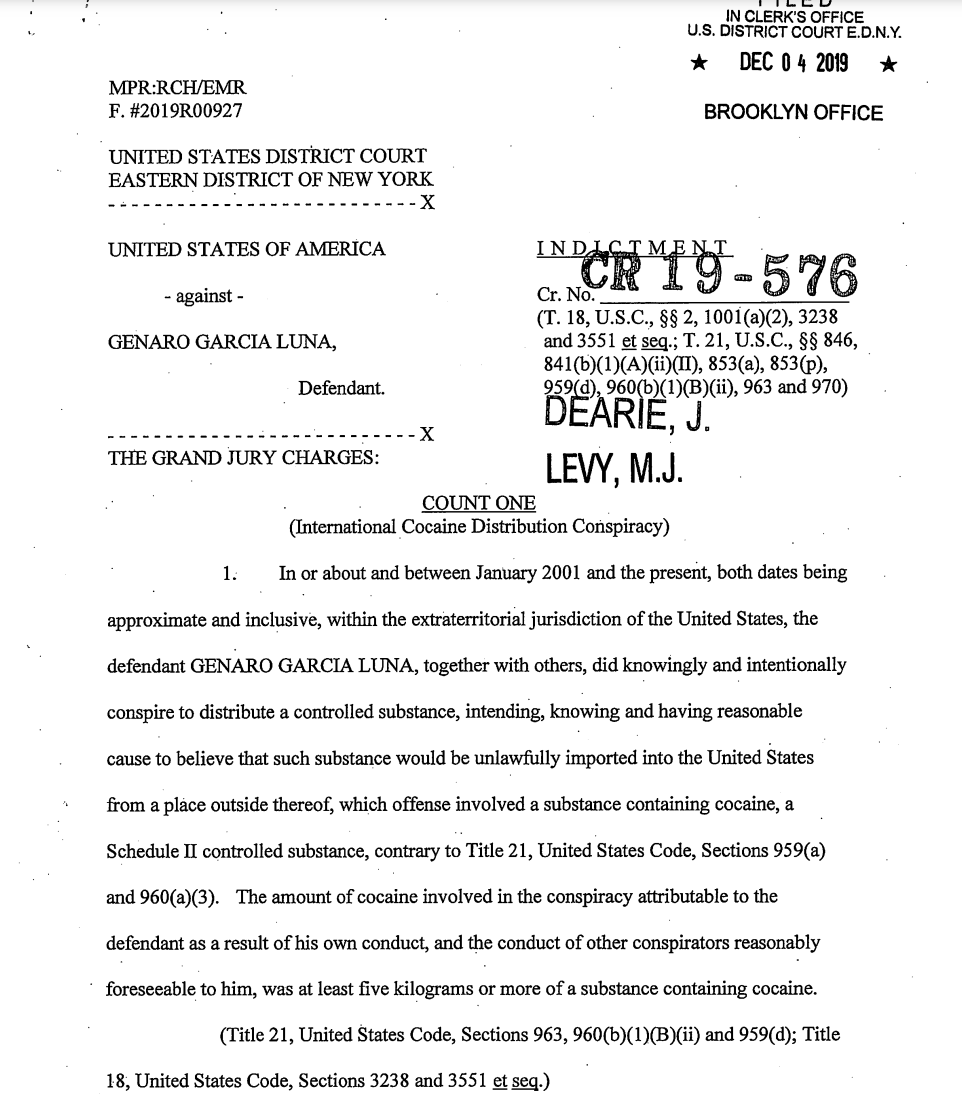
Curiously, the other board members at García Luna's consulting firm were former high-ranking security officials from Spain, Colombia and the U.S., including the former chief of CIA's Directorate of Operations, Jose Rodriguez, who famously ordered the destruction of the CIA's videotaped torture sessions, and the former head of the FBI's Mexico office, Raul Roldan.
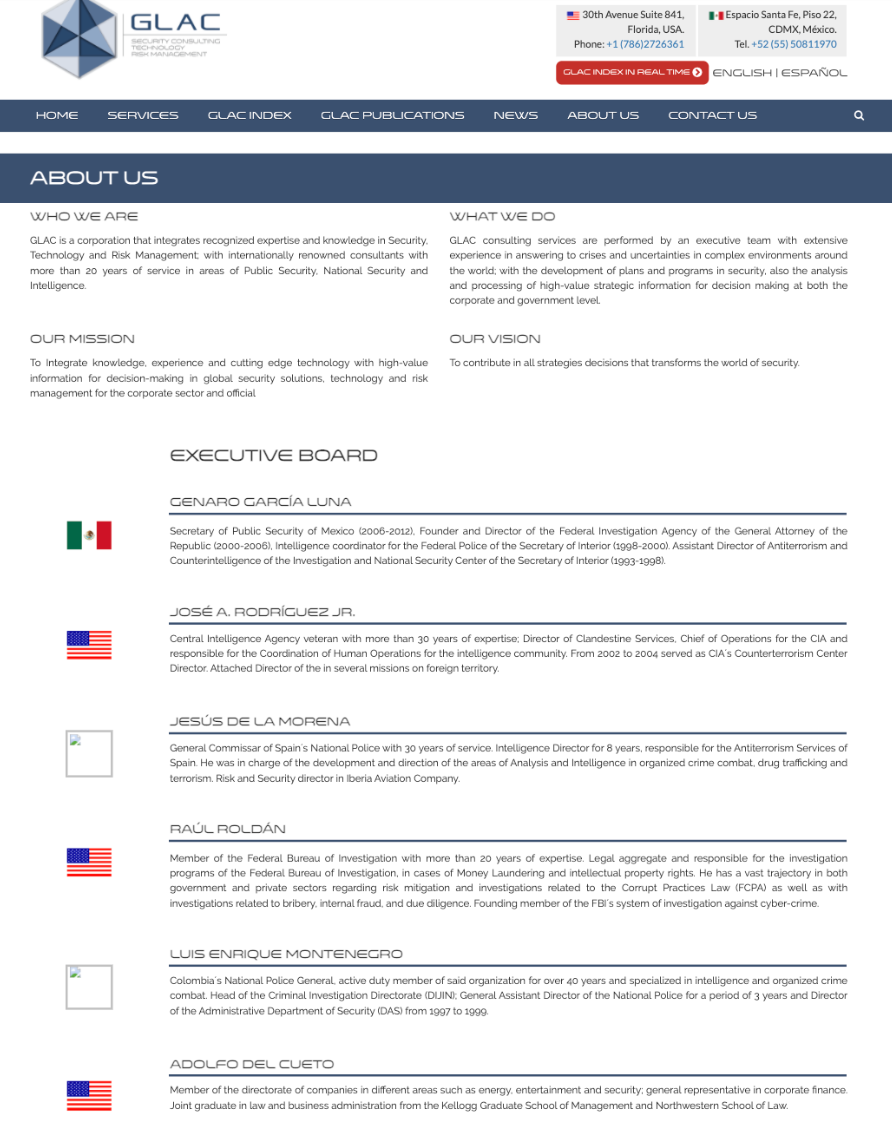
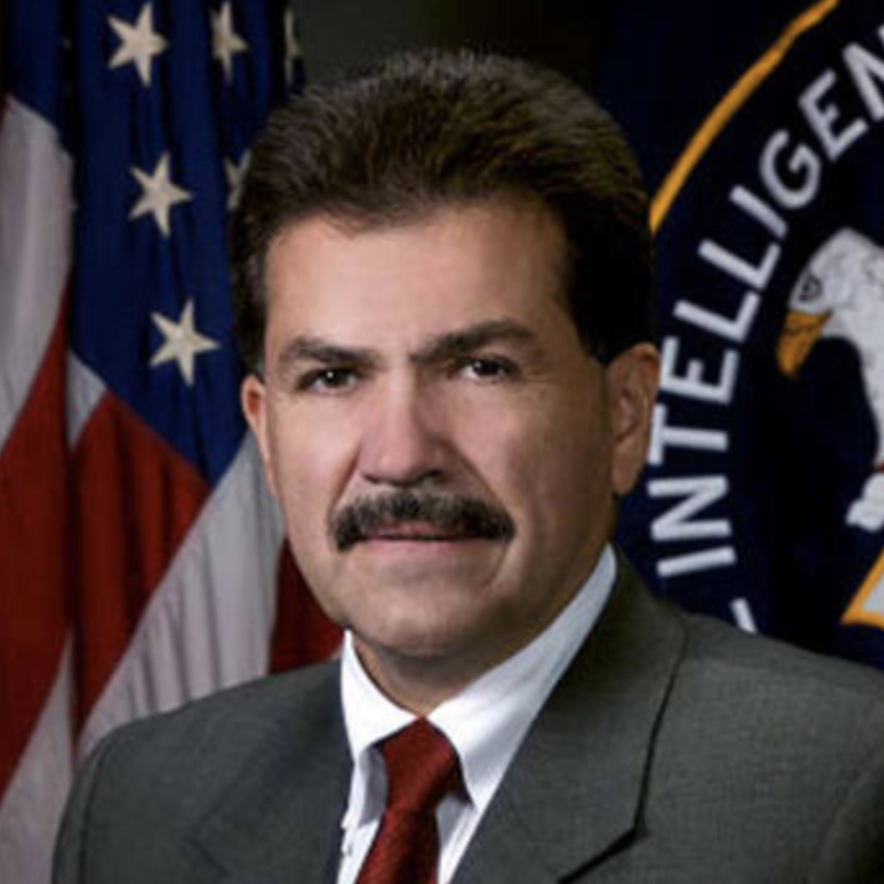
Taken bit by bit—an SOF candidate Marine veteran with dual citizenship, language skills and TS/SCI clearance's meteoric rise to the apex of the international drug trade; the systemic corruption of the DEA's vetted Mexican counterparts assisting that drug trafficking organization; a former top official's two decades of drug trafficking and professional relationships with former top CIA, FBI, Colombian and Spanish security and intelligence officials—each of these things could plausibly be ironic coincidences.
Taken together, all of the individual elements of the story make a compelling circumstantial case that one or maybe several Western clandestine services, or a private network closely associated with them, have been trafficking cocaine to the U.S. for at least the last 20 years.
